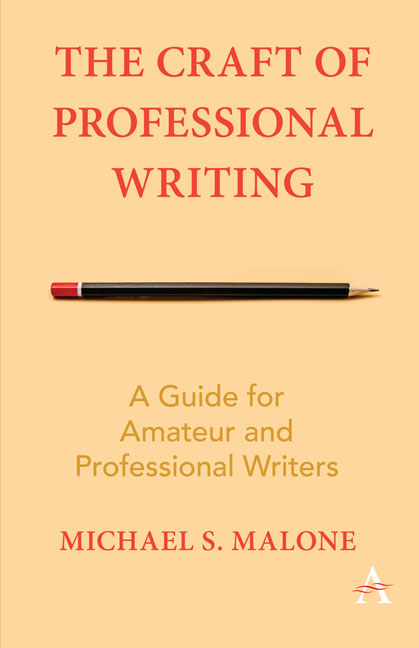19 - Editing
from Part Four - The Work of Professional Writing
Summary
What is editing?
Editing is the improvement— for reasons of space, accuracy and/ or quality— of existing written, audio or video content. Editing is an openended process: it can be continued forever. So, there is also a time factor in the editing process.
Editing work is both a feature of writing and a career (part- time and full- time) in itself. There is little career training available; rather, editing as a profession typically draws people with a love of language and an aptitude for grammatical precision. As a writing feature, it is treated as a skill that is part of the professional writer's toolkit and is learned on the job.
Generally speaking, editing takes two forms:
• Rough (or content) editing— This work focuses upon the overall narrative in terms of logic, clarity and continuity. A content editor will regularly change the structure— and even the location— of chapters, remove large chunks of superfluous text, and call upon the author to create new material to be added to the copy. Rough editing almost always takes precedence over fine editing. Rough editing is sometimes done, at least in part, by the publisher in order to shape the text into the most saleable form.
• Fine (or line) editing— Once the manuscript has been pounded into shape by the rough editor, the work of polishing the text is given to the line editor. That person's task is, as the term suggests, to look at the individual sentences— lines— in the manuscript and make sure they meet the highest standards for grammar and rhetoric. The line editor will also check for factual accuracy and consistency in the spelling and use of a given term. The typical line editor is a contractor with a strong background in English or other language— a graduate student or PhD candidate, for example.
Why edit?
Because even the best writing can still be improved. Perfection is endlessly elusive. And even a small mistake that survives the production process and reaches the end reader can raise doubts about the accuracy of the entire work or the author's writing skills. Particularly egregious errors can lead to everything from bad reviews to lawsuits. In heavily empirical works— textbooks, operating and repair manuals, reference books— errors can cause catastrophic results.
- Type
- Chapter
- Information
- The Craft of Professional WritingA Guide for Amateur and Professional Writers, pp. 283 - 292Publisher: Anthem PressPrint publication year: 2018



